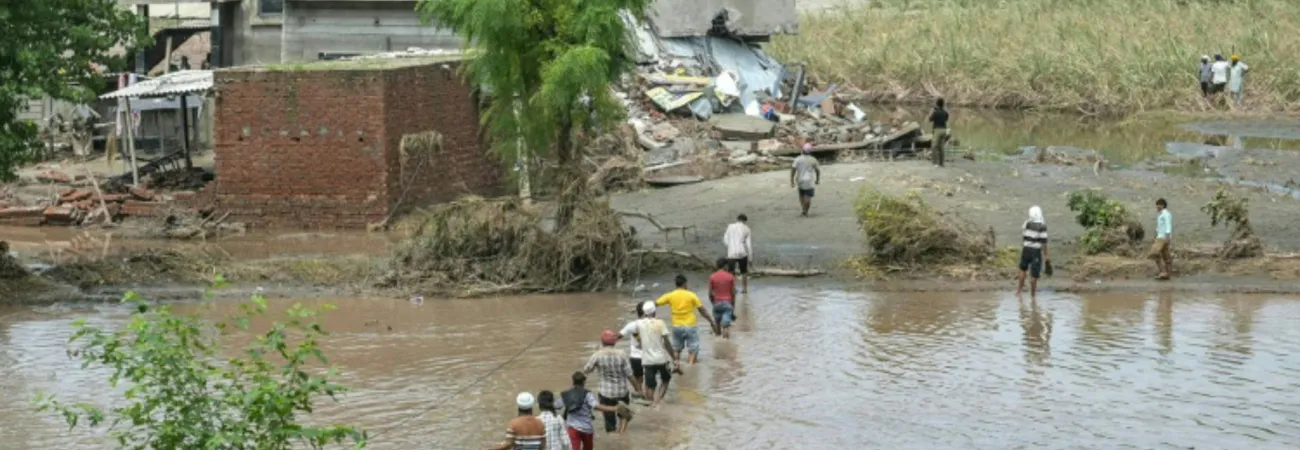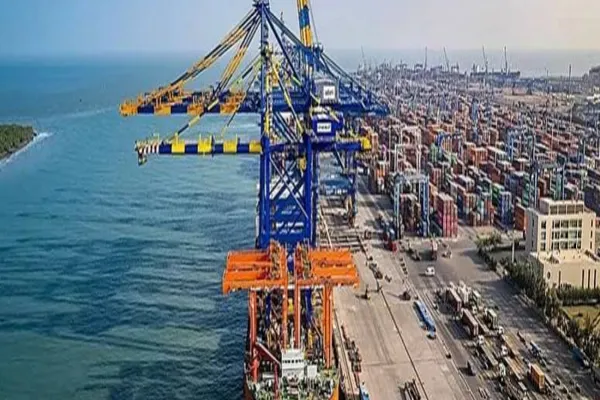i NEWS INTERNATIONAL
The fields are full but the paddy brown and wilted, and the air thick with the stench of rotting crops and livestock -- the aftermath of record monsoon rains that have devastated India's breadbasket.In Punjab, often dubbed the country's granary, the damage is unprecedented: floods have swallowed farmlands almost the size of London and New York City combined.India's agriculture minister said in a recent visit to the state that "the crops have been destroyed and ruined", and Punjab's chief minister called the deluge "one of the worst flood disasters in decades".
"The last time we saw such an all-consuming flood was in 1988," said 70-year-old Balkar Singh in the village of Shehzada, 30 kilometres (19 miles) north of the holy Sikh city of Amritsar. The gushing waters have reduced Singh's paddy field to marshland and opened ominous cracks in the walls of his house.Floods and landslides are common during the June-September monsoon season on the subcontinent, but experts say climate change, coupled with poorly planned development, is increasing their frequency, severity and impact.
Punjab saw rainfall surge by almost two-thirds compared with the average rate for August, according to the national weather department, killing at least 52 people and affecting over 400,000. Prime Minister Narendra Modi has announced a relief package worth around $180 million for Punjab. The village of Toor, sandwiched between the Ravi river and Pakistan, is in tatters -- strewn with collapsing crops, livestock carcasses and destroyed homes.
"The water came past midnight on August 26," said farm worker Surjan Lal. "It rose up to at least 10 feet (three metres) in a matter of minutes."Lal said the village in Punjab's worst-affected Gurdaspur district was marooned for nearly a week. "We were all on rooftops," he said. "We could do nothing as the water carried away everything from our animals and beds." In adjacent Lassia, the last Indian village before the frontier, farmer Rakesh Kumar counted his losses.
"In addition to the land I own, I had taken some more on lease this year," said the 37-year-old. "All my investment has just gone down the drain." To make things worse, Kumar said, the future looked bleak.He said he feared his fields would not be ready in time to sow wheat, the winter crop of choice in Punjab. "All the muck has to first dry up and only then can the big machines clear up the silt," he said.
Credit: Independent News Pakistan (INP)









